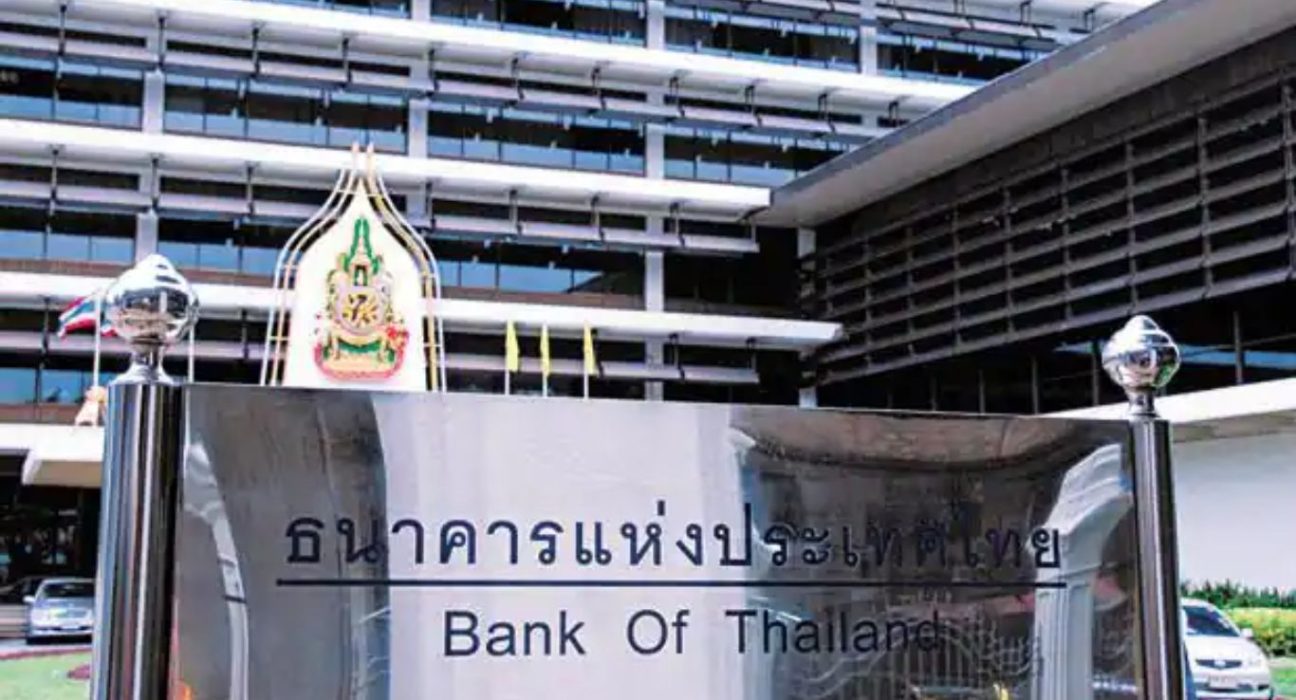Introduction
The Thai finance ministry has adjusted its economic growth outlook for 2023, lowering it from the earlier projection of 3.6% to 3.5%. This revision comes as a result of contrasting factors impacting the nation’s economy. While the tourism industry is showing signs of recovery, exports, a crucial driver of Thailand’s growth, are facing challenges amid tepid global demand. The fiscal policy office, led by Pornchai Thiraveja, elaborated on the new forecasts during a recent briefing. In this article, we delve into the reasons behind the adjusted projections and explore the potential implications for Thailand’s economic trajectory.
Tourism Strengthens as a Beacon of Hope
Despite the ongoing impact of the pandemic, Thailand’s tourism sector is gradually picking up momentum. The country’s vibrant and culturally rich attractions have been instrumental in drawing international visitors back to its shores. As global vaccination efforts progress and travel restrictions ease, Thailand is witnessing a resurgence in tourist arrivals. The upturn in the tourism industry is expected to provide a much-needed boost to the overall economy.
Export Woes Amidst a Challenging Global Landscape
While tourism paints a promising picture, Thailand’s exports are grappling with obstacles in the international market. The tepid global demand has taken a toll on the country’s export-oriented industries. As a result, the finance ministry has revised its forecast for export contraction from 0.5% to 0.8% for the current year. Various factors, including supply chain disruptions, fluctuating commodity prices, and trade tensions between major economies, have contributed to the decline in Thailand’s export performance.
Impact on Thailand’s Economic Growth
The adjusted economic growth outlook of 3.5% reflects the delicate balance between the tourism industry’s resilience and the export sector’s vulnerability. The finance ministry’s revision suggests a cautious approach, considering the uncertainties in the global economic landscape. While the economy is projected to expand, it might do so at a slower pace than initially anticipated. The government is closely monitoring the situation to implement appropriate policy measures to support growth and address any potential challenges that may arise.
Policy Measures to Foster Resilience
To counter the export challenges and sustain the momentum of tourism, the Thai government is actively strategizing policy measures. Efforts are being directed towards diversifying export markets and strengthening ties with emerging economies to reduce dependency on traditional trading partners. Additionally, investments in technological advancements and sustainable practices are on the agenda to enhance the competitiveness of Thai products in the global market.
The Role of Fiscal Policy
As Thailand navigates through these economic uncertainties, fiscal policy is expected to play a critical role in supporting growth and stability. The finance ministry will be closely examining budget allocations to ensure that they align with the country’s economic priorities. Stimulus packages and targeted incentives might be deployed to bolster industries affected by the global economic headwinds. However, policymakers will also be vigilant to maintain fiscal discipline and manage the national debt within sustainable limits.
Collaborative Efforts to Boost Recovery
Recognizing the interconnectedness of the global economy, Thailand is also exploring opportunities for international collaboration. Bilateral and multilateral agreements with partner countries are being explored to facilitate trade and investment flows. Moreover, participating in regional economic initiatives can potentially open up new avenues for growth and diversification.
Building Domestic Resilience
While external factors remain influential, building domestic resilience is a priority for the Thai government. This involves strengthening local industries, encouraging entrepreneurship, and investing in education and workforce development. By fostering a robust domestic economy, Thailand aims to mitigate the impact of external shocks and pave the way for sustainable growth in the long run.
Conclusion
Thailand’s finance ministry has revised its 2023 economic growth outlook to 3.5%, reflecting the contrasting fortunes of the tourism industry and export sector. As tourism gathers strength, it offers hope for economic recovery, while tepid global demand puts pressure on exports. The government’s strategic policy measures and fiscal prudence will be vital in navigating the uncertainties and fostering economic resilience. Thailand remains determined to position itself as a strong contender in the global market while nurturing its domestic strengths for sustainable growth in the future.










